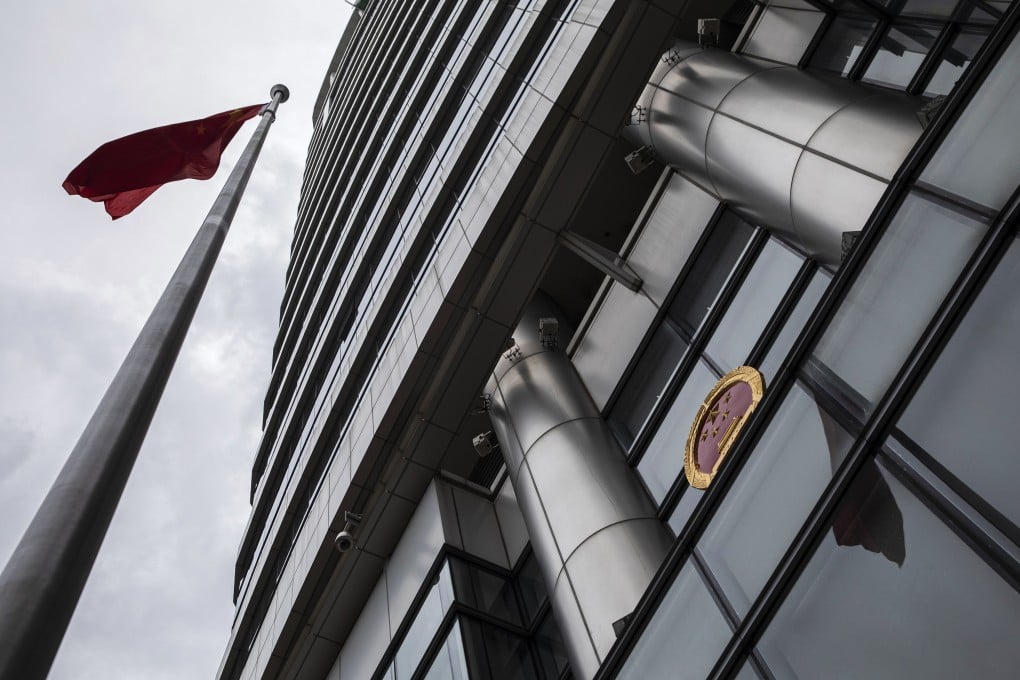

In May 1997, Jerry Lui Kin-hong was extradited from the United States to Hong Kong after a failed appeal to stop the process.
AdvertisementLui, who was arrested in Boston on bribery charges in Hong Kong, was surrendered to Hong Kong just days before the city was handed over from British to Chinese control on July 1. He argued the extradition request was illegal because the US did not have an extradition treaty with China. But the US court rejected this, noting it had signed an extradition agreement with the incoming Hong Kong government, which had been granted a “high degree of autonomy” from Beijing.
Cases like his could be treated differently now. The US on Wednesday became the latest country to move to suspend its extradition treaty with Hong Kong after Beijing imposed a tough national security law on the city. Concerns over the new law earlier prompted Canada and Australia to suspend their extradition agreements with Hong Kong. New Zealand, Britain and Finland also said they were reviewing their extradition arrangements with Hong Kong.

The sweeping national security legislation – which critics say undermines Hong Kong’s autonomy from Beijing and its freedoms and human rights – has barred acts of secession, subversion, terrorism and collusion with foreign forces. Its broad provisions apply to Hong Kong permanent residents and foreign nationals, for relevant offences committed in Hong Kong or abroad.